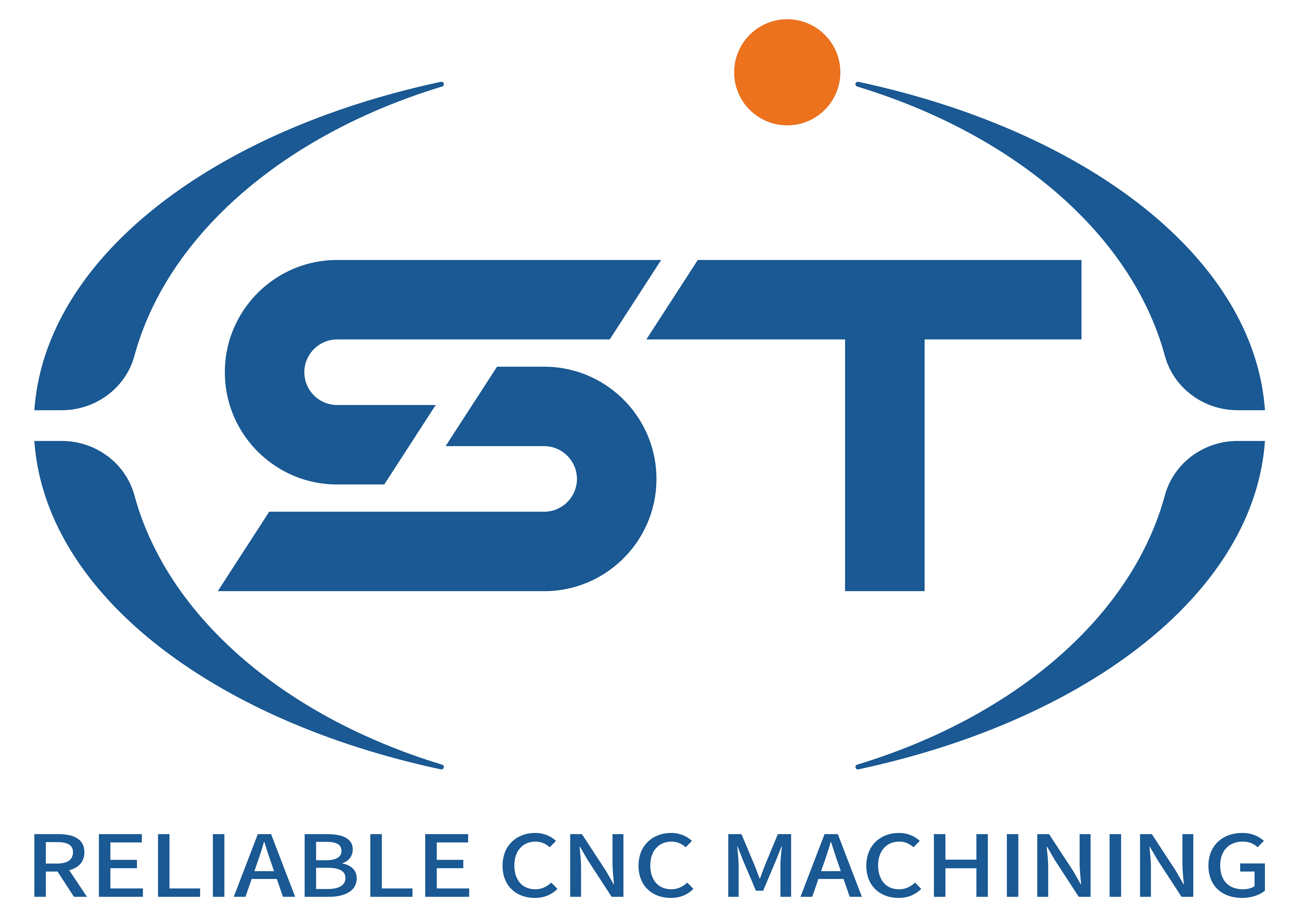Precision , ваш успех - наш приоритет. С круглосуточной командой, реагирующей 24/7, мы гарантируем ответ в течение 4 часов на любой запрос, гарантируя, что ваши проекты идут по плану. Независимо от того, нужен ли вам расчет, техническая поддержка или индивидуальные решения, наши сертифицированные по ISO эксперты предоставляют надежный комплексный сервис, адаптированный под ваши потребности. Services for Medical Device Components: Meeting Industry Demands
Сектор медицинских устройств полагается на ЧПУ-обработку для производства компонентов с точными спецификациями, обеспечивая безопасность, функциональность и совместимость с биологическими системами. От хирургических инструментов и имплантируемых устройств до деталей диагностического оборудования, эти компоненты требуют строгих допусков, биосовместимых материалов и соблюдения строгих нормативных стандартов. Ниже представлены основные характеристики услуг ЧПУ-обработки, специально адаптированных для медицинских приложений, с акцентом на точность, целостность материалов и соответствие глобальным стандартам здравоохранения.
Содержание
ПереключениеHigh-Precision Manufacturing for Critical Components
Medical device components often operate in environments where even microscopic deviations can impact performance or patient safety. CNC machining services utilize multi-axis machines and micro-machining techniques to achieve tolerances as tight as ±0.001 mm, essential for parts like orthopedic implant screws, endoscopic tool tips, or fluid channel connectors in dialysis machines. Advanced metrology tools, such as coordinate measuring machines (CMMs) and optical scanners, verify dimensional accuracy at every stage of production, ensuring compliance with design specifications.
Surface finish requirements in medical applications are equally critical. Components exposed to bodily fluids or tissues, such as dental implants or pacemaker leads, must have smooth, corrosion-resistant surfaces to minimize bacterial adhesion or tissue irritation. Electropolishing, passivation, or abrasive flow machining (AFM) are commonly employed post-processing techniques to achieve surface roughness values below Ra 0.1 µm while maintaining biocompatibility.
For components requiring complex geometries, such as stents or neurovascular catheters, CNC machining services integrate laser cutting or wire electrical discharge machining (WEDM) to create intricate patterns without compromising structural integrity. These processes are controlled by real-time monitoring systems that adjust parameters like laser power or pulse frequency to prevent thermal distortion or material degradation.
Biocompatible Material Expertise for Patient Safety
Medical device components must be manufactured from materials that do not provoke adverse biological reactions. CNC machining services specialize in working with biocompatible metals like titanium alloys (e.g., Ti6Al4V), cobalt-chromium (CoCr), and stainless steel (e.g., 316LVM), which offer excellent strength-to-weight ratios and resistance to corrosion in bodily environments. Machining these materials requires specialized tool coatings (e.g., TiAlN or diamond-like carbon) to prevent galling or tool wear, ensuring consistent part quality across production runs.
Polymers play a crucial role in disposable medical devices, such as syringe components, laparoscopic tool handles, or drug delivery systems. CNC machining of medical-grade plastics like PEEK, ULTEM, or polysulfone demands precise control over cutting temperatures to avoid melting or warping. High-speed spindles and cryogenic cooling systems are often used to manage heat generation during machining, preserving material properties like tensile strength or chemical resistance.
For implantable devices, such as artificial joints or cardiac valves, CNC machining services adhere to strict material traceability protocols. Each batch of raw material is accompanied by certificates of analysis (CoAs) confirming compliance with standards like ASTM F136 (titanium) or ISO 5832-1 (stainless steel). Additionally, cleanroom environments (ISO Class 7 or higher) are employed to minimize contamination risks during machining and post-processing, ensuring parts meet USP Class VI or ISO 10993 biocompatibility requirements.
Regulatory Compliance and Quality Assurance Systems
The medical device industry operates under some of the most rigorous regulatory frameworks globally, including the U.S. FDA’s Quality System Regulation (QSR), the EU’s Medical Device Regulation (MDR), and ISO 13485 standards. CNC machining services for medical components implement robust quality management systems (QMS) to document every step of production, from material procurement to final inspection. This includes detailed process validation protocols, such as installation qualification (IQ), operational qualification (OQ), and performance qualification (PQ), to demonstrate consistency and reproducibility.
Non-destructive testing (NDT) methods are integral to ensuring component integrity. For metal implants, X-ray or ultrasonic inspection detects internal flaws like porosity or cracks that could compromise fatigue resistance. For polymer parts, dye penetration testing or thermal imaging identifies surface defects or delamination. Advanced CNC machines may also integrate in-process sensors to monitor cutting forces, vibrations, or acoustic emissions, providing real-time data to adjust parameters and prevent defects before they occur.
Sterilization compatibility is another critical consideration. Components destined for reusable surgical instruments must withstand repeated autoclaving (steam sterilization at 134°C) or ethylene oxide (EtO) gas treatment without degrading. CNC machining services test material stability under simulated sterilization cycles, ensuring parts retain dimensional accuracy and mechanical properties after sterilization. For single-use devices, packaging validation confirms that components remain sterile until use, adhering to standards like ISO 11607 for medical device packaging.
Flexibility for Prototyping and Low-to-High Volume Production
Medical device innovation often requires rapid iteration between design and production. CNC machining services offer agile prototyping capabilities, enabling engineers to test functional prototypes within days rather than weeks. Five-axis machines and rapid tooling techniques, such as 3D-printed fixtures or modular vices, allow quick reconfiguration for different part geometries, reducing setup times and costs associated with traditional tooling.
For low-volume production runs, such as customized orthopedic implants or patient-specific surgical guides, CNC machining provides a cost-effective alternative to injection molding or die casting. On-demand manufacturing models eliminate the need for expensive molds, enabling healthcare providers to order components in quantities as low as single units while maintaining consistent quality.
As devices transition to high-volume production, CNC machining services scale operations by integrating automation and lean manufacturing principles. Collaborative robots (cobots) equipped with vision systems can load/unload parts from machines, reducing labor costs and human error. Digital twin simulations optimize tool paths and material removal rates, maximizing throughput while minimizing waste. This scalability ensures that medical device manufacturers can meet fluctuating demand without compromising on precision or compliance.
Cleanroom Manufacturing for Critical Applications
Components used in invasive procedures or implantable devices must be manufactured in environments that minimize contamination risks. CNC machining services operate cleanrooms rated ISO Class 5 to ISO Class 8, depending on the application’s criticality. These facilities feature HEPA filtration systems, laminar flow workstations, and antistatic coatings to prevent particulate generation or electrostatic discharge (ESD) during machining.
Operators in cleanroom environments wear sterile garments, including gloves, masks, and hair covers, and follow strict protocols for entering/exiting the facility. Parts are handled using vacuum pick-and-place systems or cleanroom-compatible tweezers to avoid direct contact. Post-machining, components undergo ultrasonic cleaning with deionized water or isopropyl alcohol to remove residual lubricants or metal shavings, followed by packaging in sterile barriers to maintain cleanliness during storage and transport.
For components requiring aseptic processing, such as drug-eluting stents or bioresorbable implants, CNC machining services integrate laminar flow hoods and gamma irradiation or electron beam sterilization into their workflows. These steps ensure that parts are free from viable microorganisms without compromising material properties or dimensional accuracy, meeting the highest standards for patient safety.
By combining high-precision manufacturing, biocompatible material expertise, regulatory compliance, production flexibility, and cleanroom capabilities, CNC machining services provide a comprehensive solution for the medical device industry’s evolving needs. Each attribute contributes to a manufacturing ecosystem capable of delivering safe, reliable components that support advancements in healthcare technology.




